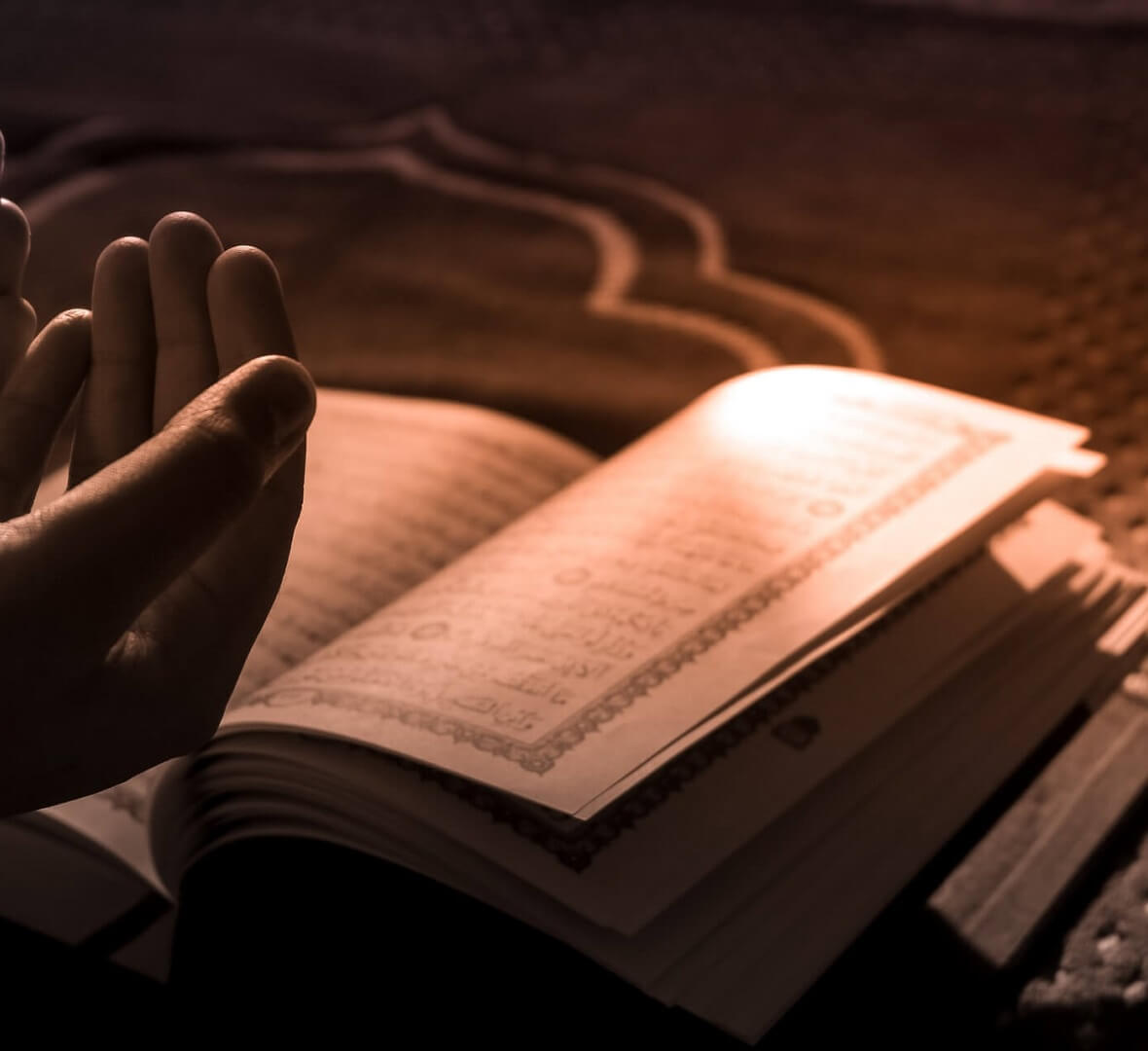Brotherhood, sisterhood and community are all important aspects of Islam and ones that we should aim to teach our children about. This can be a form of Sadaqah Jariyah, as any ongoing goodness that is a result of your actions you can benefit from, even after you die.
What are Brotherhood and Sisterhood in Islam?

In Islam, all believers are brothers and sisters. We should treat one another with kindness, love and utmost respect. As brothers and sisters, we should strive to love each other for the sake of Allah (SWT), as it is mentioned in the holy Quran,
“The believers are but one brotherhood, so make peace between your brothers. And be mindful of Allah so you may be shown mercy.” [49:10]
On the authority of Abu Hamzah Anas bin Malik (may Allah be pleased with him) — the servant of the Messenger of Allah (peace and blessings of Allah be upon him) — that the Prophet (peace and blessings of Allah be upon him) said: ‘None of you [truly] believes until he loves for his brother that which he loves for himself.’ [Al-Bukhari] [Muslim]
We should use this Quran verse and hadith to implement the sunnah and Quranic teachings, not just for ourselves but for our children also.
No matter a believer’s colour, race, gender, age, disability or appearance, we are all brothers and sisters in Islam.
Helping Others in Islam
There are many acts of kindness that Muslims can do to help others, which instils brotherhood.
One may perform an act of Sadaqah or Sadaqah Jariyah to benefit other individuals and the Ummah, such as the following:
- Help an elderly neighbour collect their groceries
- Offer to volunteer at your local mosque for events
- Teach someone Islamic knowledge
- Donate to a fundraiser or cause
- Smile – it’s sunnah!
- Share your food with family, friends and neighbours
Feeding others
In Islam, there is a lot of reward for feeding others and sharing food with them. Particularly in the month of Ramadan, someone who feeds a fasting person gets the same reward as the fasting person without their reward being diminished in any way.
Qurbani
Qurbani is compulsory for Muslims who are adults, sane and can afford it. It is the act of sacrificing an animal to commemorate the sacrifice of Ibrahim (AS). This is for Eid Al-Adha, in Dhul Hijjah.
Qurbani meat is split into three parts: one for you, one for your family, and one for the poor. This is a means of helping others who are less fortunate and strengthening the bonds of brotherhood, sisterhood, and community.
It should be seen as a blessing and opportunity for us to help others, so we should be happy and willing to give Qurbani, which will encourage our children to want to do the same.
Example of Brotherhood and Sisterhood – The Ansar and Muhajirin
The Muslims of Madina (Ansar) welcomed the Muhajirin and invited them into their homes to share their belongings and treated them like family. They shared everything they had for the sake of Allah (SWT).
This is a great example to use to teach your children the importance of sharing and helping others.
Hadiths about Brotherhood and Community
Allah’s Messenger said,
“You see the believers as regards their being merciful among themselves and showing love among themselves and being kind, resembling one body, so that, if any part of the body is not well, then the whole body shares the sleeplessness (insomnia) and fever with it.” [Sahih Bukhari 6011]
On the authority of Abu Hurayrah (ra) who said: The Messenger of Allah (saw) said, “Do not envy one another, and do not inflate prices for one another, and do not hate one another, and do not turn away from one another, and do not undercut one another in trade, but [rather] be slaves of Allah and brothers [amongst yourselves]. A Muslim is the brother of a Muslim: he does not oppress him, nor does he fail him, nor does he lie to him, nor does he hold him in contempt. Taqwa (piety) is right here [and he pointed to his chest three times]. It is evil enough for a man to hold his brother Muslim in contempt. The whole of a Muslim is inviolable for another Muslim: his blood, his property, and his honour.” [Muslim]



